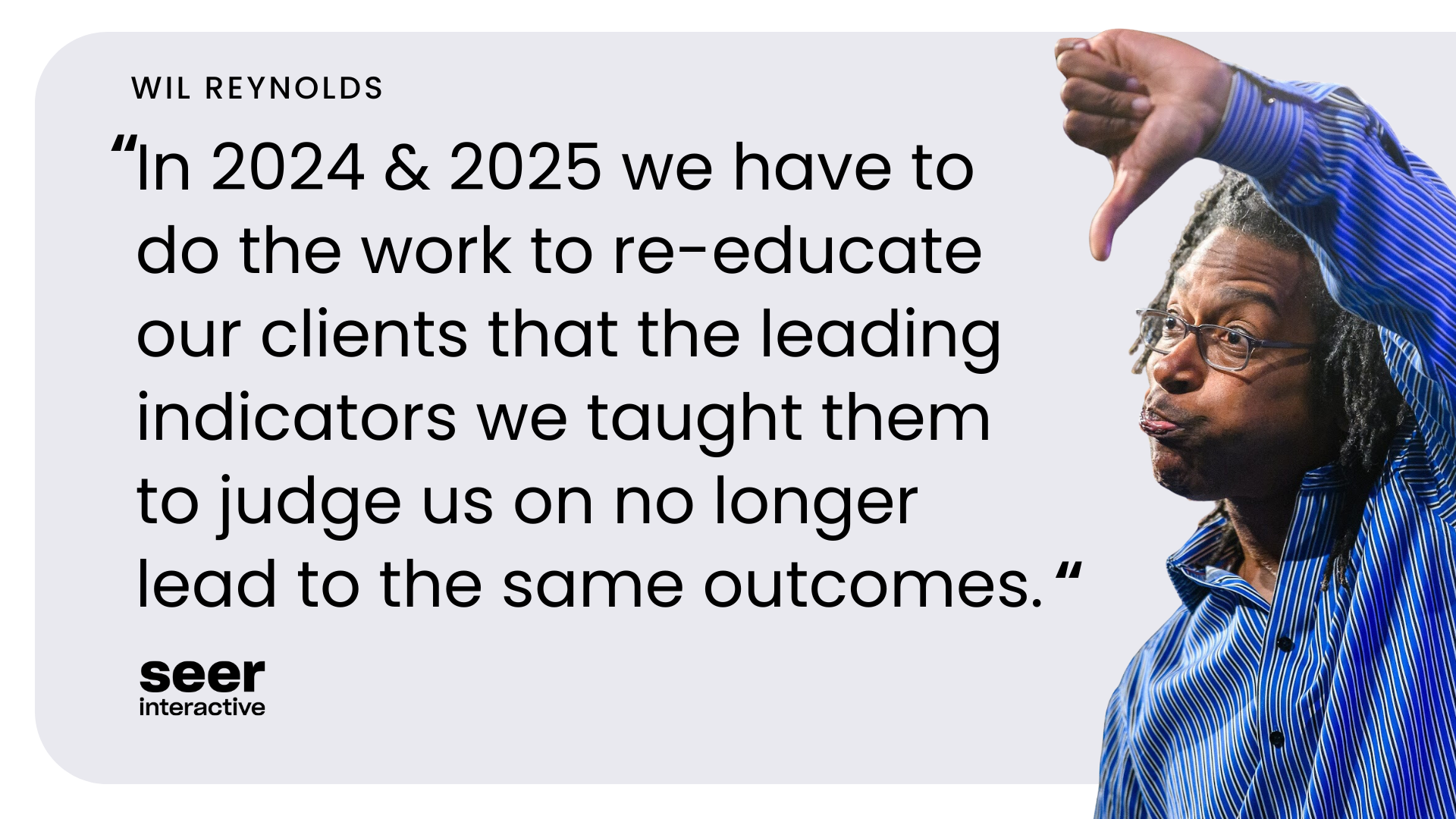During a recent review of keyword research for one of our new ecommerce clients I was introduced to the concept of revenue by keyword group. The concept is pretty simple - gather a solid amount of organic data from GA assuming you have it (preferably from one calendar year to avoid missing seasonal trends) and begin to bucket those keywords in excel to get a clear picture of which keyword groups are performing best.
You can look at bounce rate, time on site, page views and of course, conversions. With some simple excel formulas you can even get a sense of which groups are most profitable on a revenue/visit basis - which is powerful info if you have a wide variety of products, brands or price points on your site.
When thinking about a sneaker retailer you could theoretically begin to make the case that mens adidas soccer cleats is a more profitable area than say, womens reebok basketball shoes. When you throw ranking data into the mix the data becomes even more clear since you can see areas where you have high profitability and sub-optimal rankings.
Assuming you have limited resources for your campaign, it makes perfect sense to try to find a numerical basis for deciding where to focus from a keyword perspective. Revenue by keyword group also helps you steer clients away from the mindset that they need to rank for that crazy competitive one word or two word phrase that may take away from your long-tail, high revenue keyword groupings...but should you?
While revenue/keyword is powerful and revenue/keyword-group is arguably more powerful, it is critical to remember that GA data only accounts for last-click transactions. How many transactions do you think are made via one, single search or touch? Furthermore, how much revenue could you be missing out if you choose to ignore or shift focus away from those high volume, short-tail phrases your client contact is so jazzed about?
Thankfully one client at SEER has attribution tracking in place, so we can see exactly what we're missing when we only have last-click data to analyze. In their case, out of all transactions for January only 20% converted off of one non-branded organic touch - proving that the majority of transactions are performed only after a customer has hit the site multiple times (either through organic, ppc, display or email in this case). That % should not surprise anyone who works in ecomm or who is an online shopper - the fact is that most people browse, refine searches, click ads and click emails before buying. I'm not saying you'll see an 80/20 split on every site, but in general the higher the price point is, the more people will do their research before buying.
When looking at the difference between last-click attribution (comparable to GA data) and multi-click attribution (taking all touches into account) we saw a 15% difference in organic, non-branded revenue...showing that the true value of our organic rankings were in fact higher than we were reporting in GA. Not only did we see that organic was helping other channels, we also saw that the biggest gaps in multi-click revenue vs last-click revenue were the highest volume keywords in the mix, all ranging between 2 and 3 words.
So what did we learn? We learned (for a fact) that the short-tail, high volume queries do play a major role in driving revenue even though we couldn't necessarily see that in GA (last-click data showed tons of traffic, but crap conversion metrics). We also learned that ignoring those keywords could prove to be a costly mistake since they serve as the gateway for many of the more refined, long-tail and branded searches and as a key contributor for other channels.
The main takeaway here is that last-click conversion data should always be approached with caution, particularly in e-commerce and even more so w/ products that are expensive. While steering your client away from terms like soccer cleats might yield a short-term lift for long-tail queries, if their position for the short-tail completely evaporates you can expect the long-tail and other channels to take a significant hit in the long-run.
If anyone has taken a similar dive into attribution I'd love to hear about it - sadly I have not seen many sites who have proper attribution tracking so our exposure to this type of analysis is somewhat limited by the availability of the data set.

